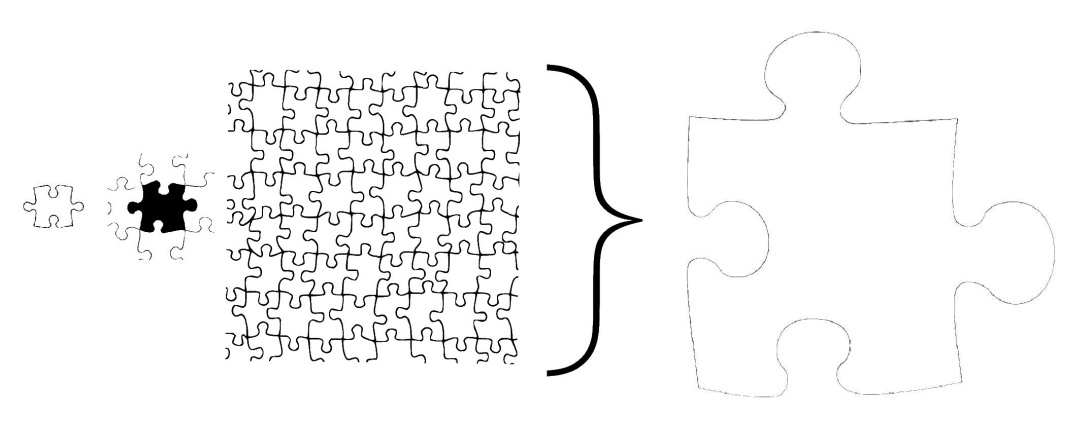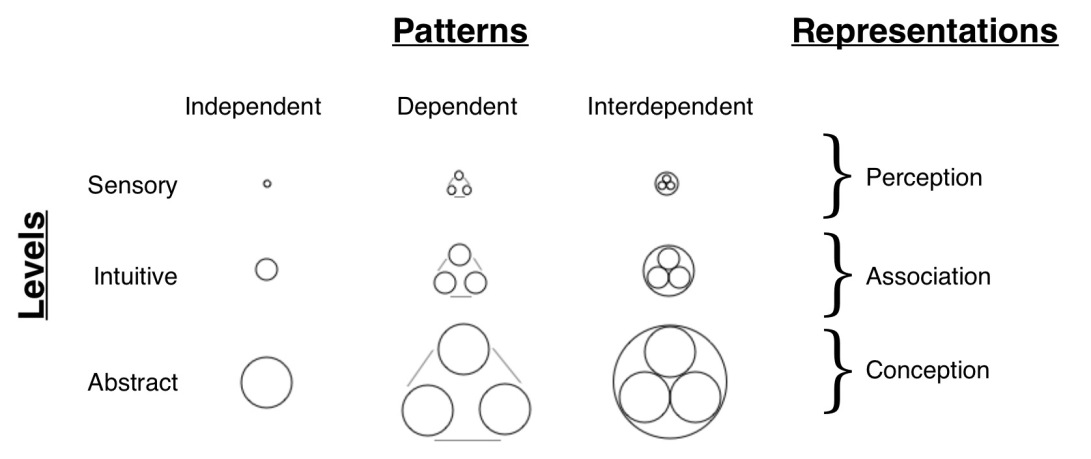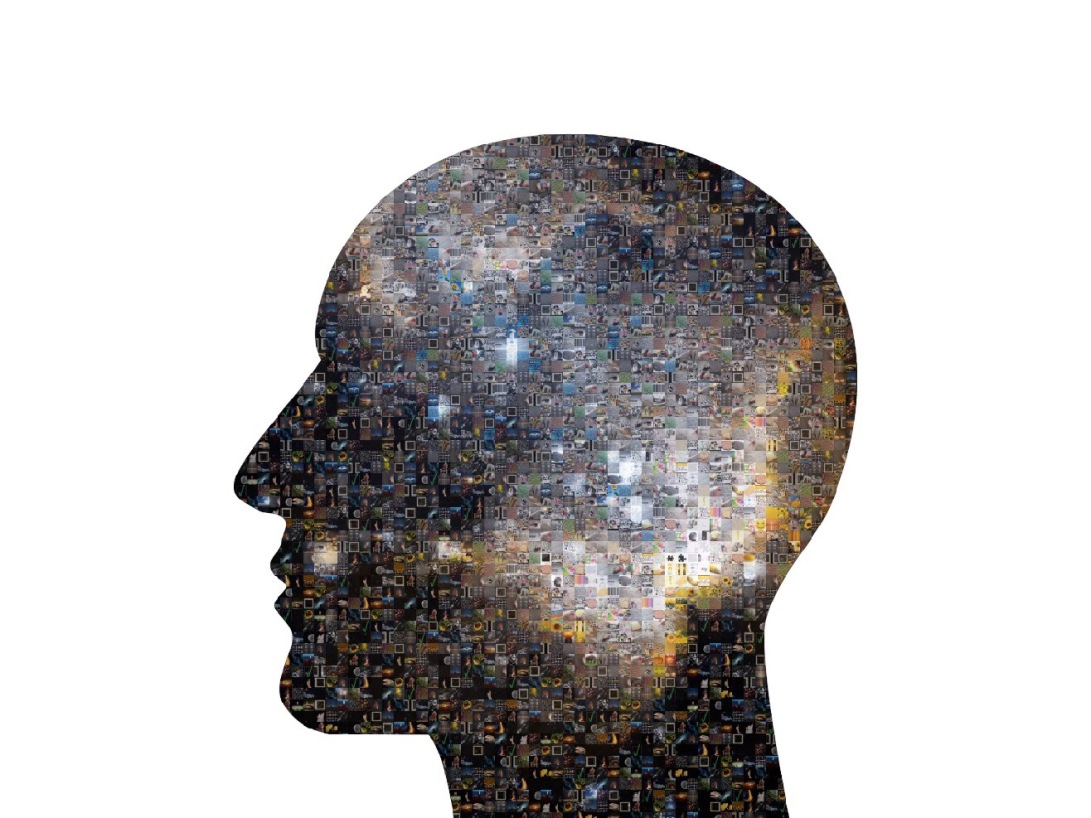Emergence of Mind

The physical emergence of matter provides a template for imagining the cognitive emergence of mind. The same way that interactions of simple physical forms give rise to more complex physical forms, the interactions of simpler cognitive representations give rise to more complex cognitive representations. As embodied in the emergent systems framework, this type of emergence can be described in terms of patterns and levels of interaction.
ECF summary
emergent cognition 2 of 6
COGNITIVE INTERACTIONS, PATTERNS & LEVELS

Cognition as an emergent system involves specific types of levels, patterns, and interactions. Instead of levels of matter (particles, atoms, molecules, etc), there are sensory, intuitive, abstract, and narrative levels. Instead of the laws of physics, there are patterns. Rather than focusing on naturally occurring interactions in the world, the focus is on interactions created, connected, and combined within a cognitive system.
emergent cognition 3 of 6
COGNITIVE REPRESENTATIONS

In both physical and cognitive emergence, patterns of interaction processing effect integrated representations. These representations are themselves interactions, but they function as individual forms at a higher level of processing. Emergent cognition involves perceptual, associative, conceptual, and interpretative forms of representation. Unlike physical representations, however, these cognitive representations only exist and interact within the cognitive system.
emergent cognition 4 of 6
THE ROOTS OF MEANING

Sensing, feeling, thinking, and understanding each involve different kinds of representation which are effected by different levels of processing. Yet all of them are derivatives of the same fundamental interactions. They reflect forms of meaning rooted in and rising out of our physical experiences in the world.
emergent cognition 5 of 6
THE MIND, REIMAGINED

Herein lie the essentials of an emergent cognition framework. It is a way of imagining how conception emerges from perception, thinking emerges from sensing, the mental emerges from the physical, mind emerges from body. From this perspective, we have a frame of reference for understanding cognition.
emergent cognition 6 of 6
SAVE THE ELEPHANTS

What changes when we look at cognition through a lens that lets us zoom further out and closer in through multiple points of view? There are some interesting implications. Not so much in terms of what we know about cognition, but how we interpret what we know about cognition. At the very least, there is the hope that someday our lack of vision will no longer result in the cruel and unusual punishment of elephants, metaphorical or otherwise.